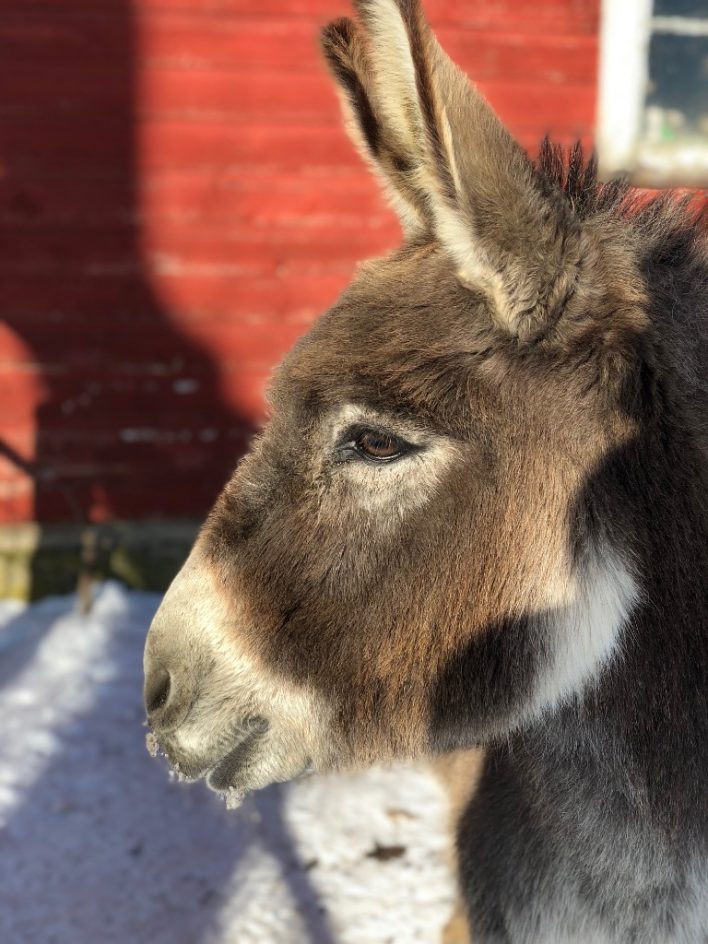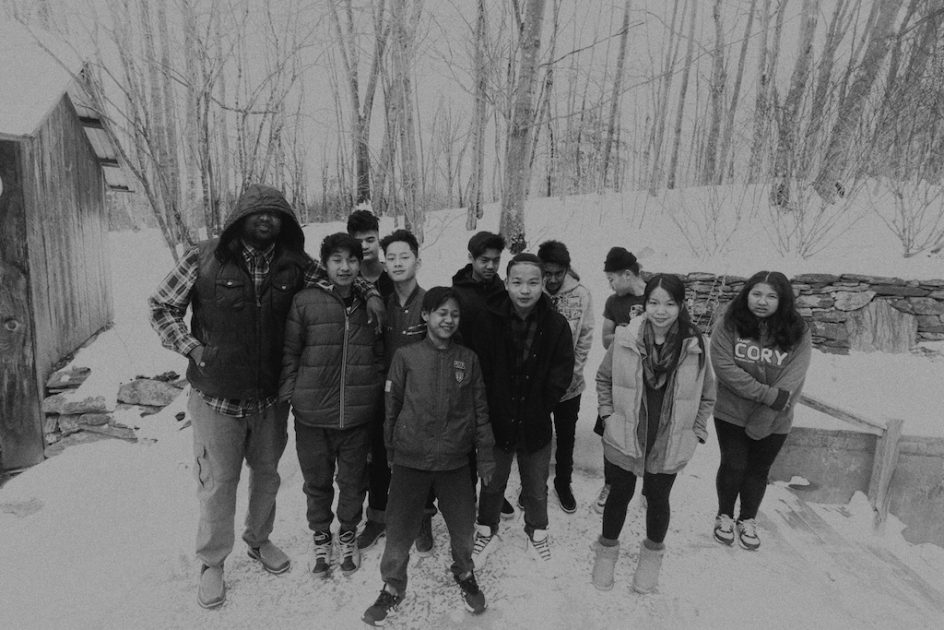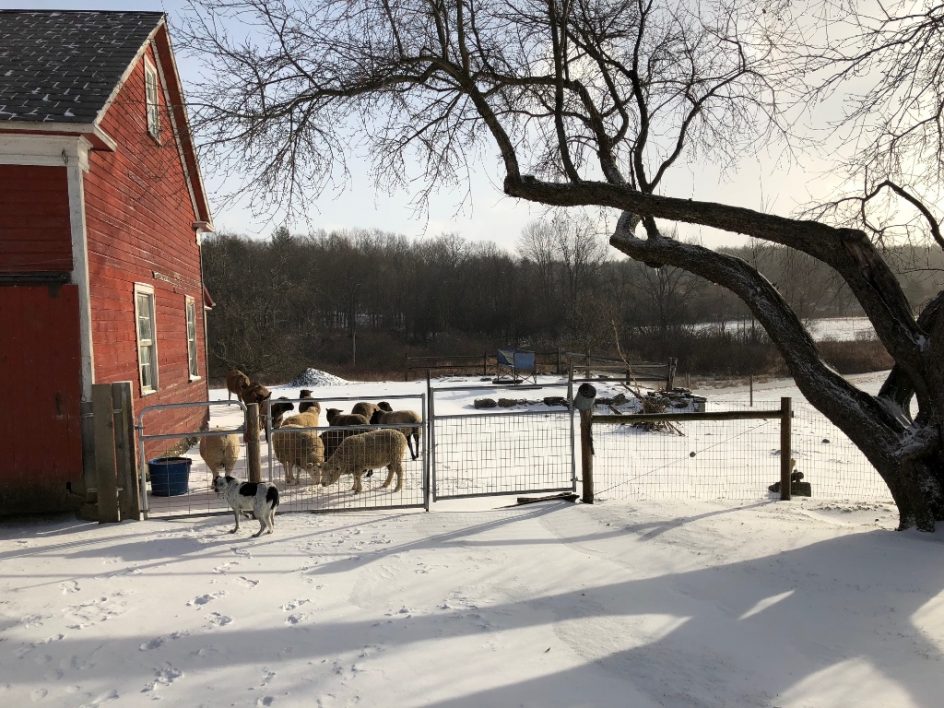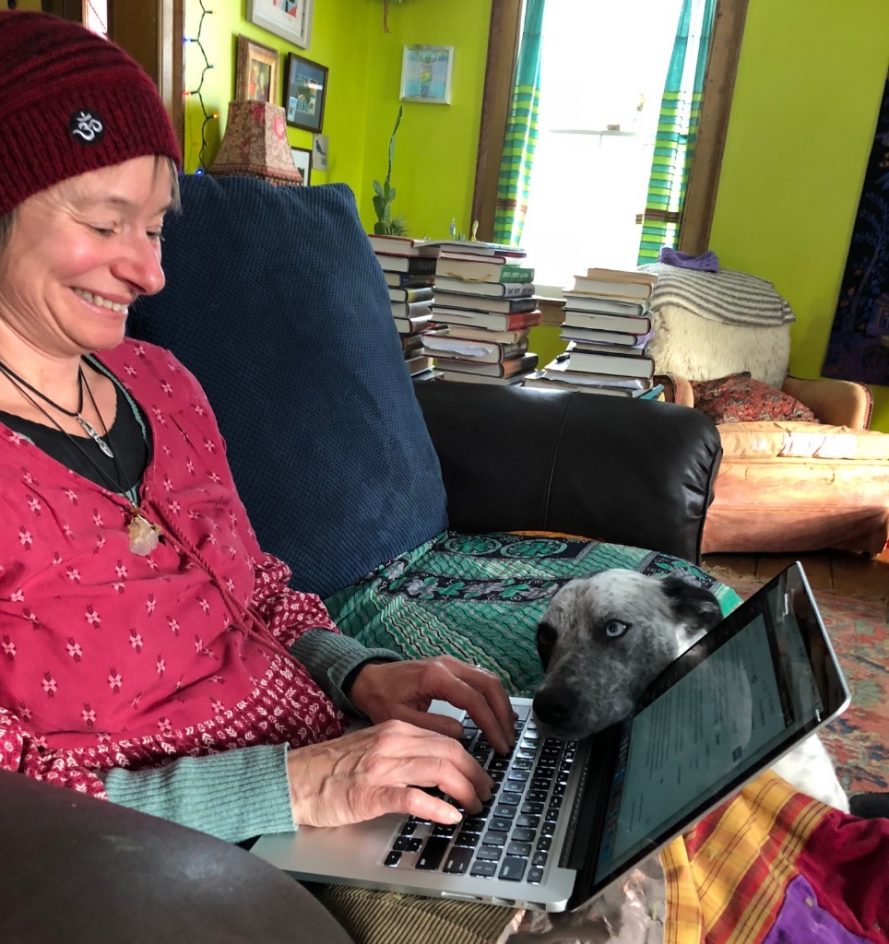
However mean your life is, wrote Thoreau, meet it and live it; do not shun it and call it hard names.
It is never so bad as you are. I believe this is also true when it comes to work.
I do not speak poorly of my work – there are many who enthusiastically do that for me, and I tell my students to never speak poorly of their work. It is almost surely listening.
I believe in loving my life, as poor and broken as it sometimes has been. I’ve had glorious hours everywhere, in the woods, in my study, in a hospital bed, in a blizzard, holding the hand of a hospice patient, walking into a museum with Maria.
Thoreau also wrote that disobedience is the foundation of freedom.
I never feel stronger or better than when I stand up for my right to define myself, express myself freely, say what I want, make my own mistakes and my own successes.
And I am never more disliked or resented than when I stand in my truth and say what I please. It is not approval or agreement I need or seek, it is self-respect, the cornerstone of a meaningful life.
I suppose this has always been controversial, and even outrageous to many people. It is hard to explain that self-respect comes from my own successes or failures, from owning my own life. This is not something everyone needs, this is something I need.
I have always been inspired by Thoreau in part because he understand that all good things are wild and free, and also because he found his true self in solitude, and always cherished the gift of being alone.
That is very difficult to do in our time, when we are wired into eternally bad news and the lives of other people and their business. I live in their heads and they live in mine. I often lose the boundaries of my own space. We have come to value the idea of always being connected, and thus never being alone.
I have always been alone, and thus never really connected. This is a new idea for me, and I struggle with it.
I think this idea of aloneness is now considered a disease in our culture. Children are labeled and medicated for it. Perhaps the greatest threat to my idea of freedom and solitude was Maria, she has broken through this idea of aloneness, yet her respect for me and my self has been nothing but healing.
As she knows, aloneness is not something that ever really goes away.
The challenge of our time for the individual is that transgressions, tragedies, ideas, stupidity, victories and failures, all seem to belong to everyone.Our goal is to see how much we are shared, not how valuable our ideas are. I suppose on some level I fear a thousand victories gained with and from other people, because how can I ever separate them from my own?
To me, making up my own mind and exploring things are essential to identity, to the building of self. And how do I find my own self it it it so bound to the selves of millions of other people?
Thoreau said the greatest compliment that was ever paid to him was when someone asked him what he thought, and listened to the answer. I ask that question as often as i can, I learn from listening, not from telling anyone else what to do or think.
Nothing surprises me more than the many people I encounter who never ask me any kind of question at all, as if there is nothing about me they ever need or want to know. I am told I unnerve people all the time by the questions I ask, every person is a wondrous miracle to me waiting to have their story sucked out of them.
And every story is compelling and unique. I suppose this is why I loved being a reporter so much, I finally had a license to get everybody’s story.
I don’t have a license any longer, but it remains a part of me now. I am not the most gifted of people, but I might be the most curious.
Small wonder I have few friends, or rarely get invited to dinner once, let alone twice.
I seek respect and dignity, the freedom to think.
The greatest compliment I am ever paid is when someone tells me I made them think. That is much more important than being agreed with.
One of the greatest puzzles is when people tell me they read my writing even though they often disagree with me. Why would I read anybody with whom I never disagree? I think they call that being on the left or the right, or being a Democrat or Republican, or any of the other labels we stick onto our consciousness.
If I am out of sync with the world outside of my window, it is because I hear different music.
I dance to the music I hear, for better or worse, it is the only music I know..”I was not born to be forced,” wrote Thoreau. “I will breathe after my own fashion.”
Me too. I have to dare to be myself, and take the risk, as strange or threatening or frightening as that might be. I never tell myself that I am always right, or that everyone else is always wrong. I can only tell myself that I am being me.
“He allowed himself to be swayed by his conviction that human beings are not born once and for all on the day their mothers give birth to them, but that life obliges them over and over again to give birth to themselves,” wrote Gabriel Garcia Marquez in “Love In The Time Of Cholera.”
I don’t even know what it means to be right, that is such a fluid and temporal idea. The holy priests of the Inquisition believed they were right, so did the Nazi’s, so did Cotton Mather and the judges and jurors of the Salem With Trials.
But Marquez is right, and I have given birth to myself many times, it is the trajectory of my life.
The bottom line is this: I can blame my teachers or parents or bosses or life all I want, but I know that my troubles and failings are always my fault, because if I wanted to change, I was the only one who could change.
And when I finally decided to change, I did.
Every fulfilled human being I have ever met has changed, and every stymied, paralyzed and miserable person I know will not change.
Is that too simple a line to draw? Maybe, but I believe it.
Most people would suffer almost any torment rather than change, they rationalize and hide until they turn blue.
“Don’t fool yourself,” a therapist once told me. “Most people don’t want to change.” Torment finally drove me to change, misery was my greatest inspiration. Happiness is better for me, worth all of the trouble and danger.
A self is not something that pops out of the womb, a self is always becoming a self. This is work that never ends.
Jiddu Krishnamurti says the ability to observe without evaluating or [interfering] is the highest form of intelligence. I am getting there.
The greatest trap I have stumbled into in my life is not success or power or rejection by others, but self-rejection, self-hatred, and fear. Self-rejection is the greatest enemy of the spiritual life, wrote philosopher Henri .M. Nouwen, “because it contradicts the sacred voice that calls us the “Beloved.”
And being the Beloved constitutes the core truth of our existence, of our self. My past is everything I failed to be. My future is everything I can be.



